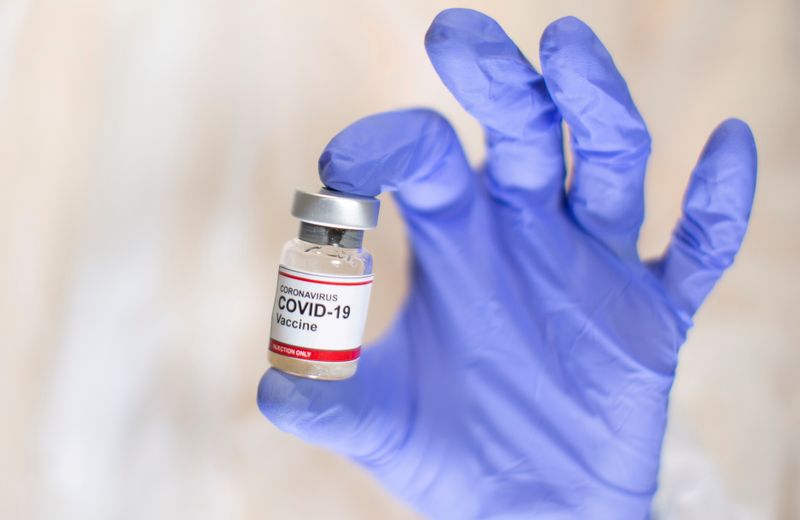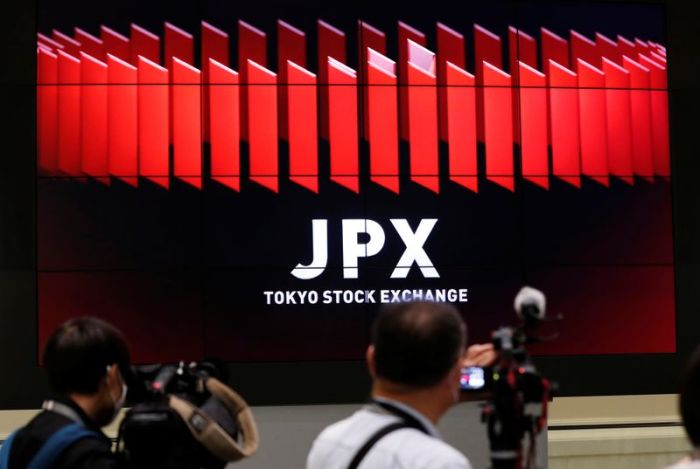(Reuters) -Europe’s medicines regulator said on Friday it was reviewing if COVID-19 vaccines caused a risk of a rare inflammatory condition, following a report of a case with Pfizer/BioNTech’s shot.
The safety panel of the European Medicines Agency is looking into Multisystem Inflammatory Syndrome (MIS) after the condition was reported in a 17-year-old male in Denmark, the agency said https://www.ema.europa.eu/en/news/meeting-highlights-pharmacovigilance-risk-assessment-committee-prac-30-august-2-september-2021.
The teenager has fully recovered. This condition has also been reported after some other COVID-19 vaccines, the regulator said.
MIS has also been previously reported in people following the COVID-19 infection, the agency said. However, the Danish teen had no such history.
The syndrome is a serious but rare condition in which different body parts become inflamed, including the heart, lungs, kidneys, brain, skin, eyes, or gastrointestinal organs.
In its response, Pfizer said it reviews all possible adverse events thoroughly, along with regulatory authorities.
“It is important to understand that a careful assessment of MIS is ongoing, and it has not been concluded that mRNA COVID-19 vaccines cause MIS,” a Pfizer spokesperson said.
The European regulator said at present there was no change to its recommendations for the use of the Pfizer vaccine, as well as other shots.
The U.S. Food and Drug Administration and the U.S. Centers for Disease Control and Prevention (CDC) did not immediately respond to Reuters requests for comment.
Five cases of MIS were reported in the European Economic Area as of Aug. 19 after the Pfizer vaccine, while one case was reported with each Johnson & Johnson’s and Moderna’s vaccine, the regulator said.
Safety data released by the CDC and Pfizer at a meeting on Monday did not include any incidences of MIS in those who took the vaccine, which was granted full U.S. approval last month.
Meanwhile, the European safety panel is also looking into cases of blood clots in veins, or Venous Thromboembolism, with J&J’s vaccine.
J&J did not immediately respond to Reuters request for comment.
(Reporting by Pushkala Aripaka and Manas Mishra in Bengaluru, additional reporting by Ankur Banerjee; Editing by Ramakrishnan M. and Arun Koyyur)























